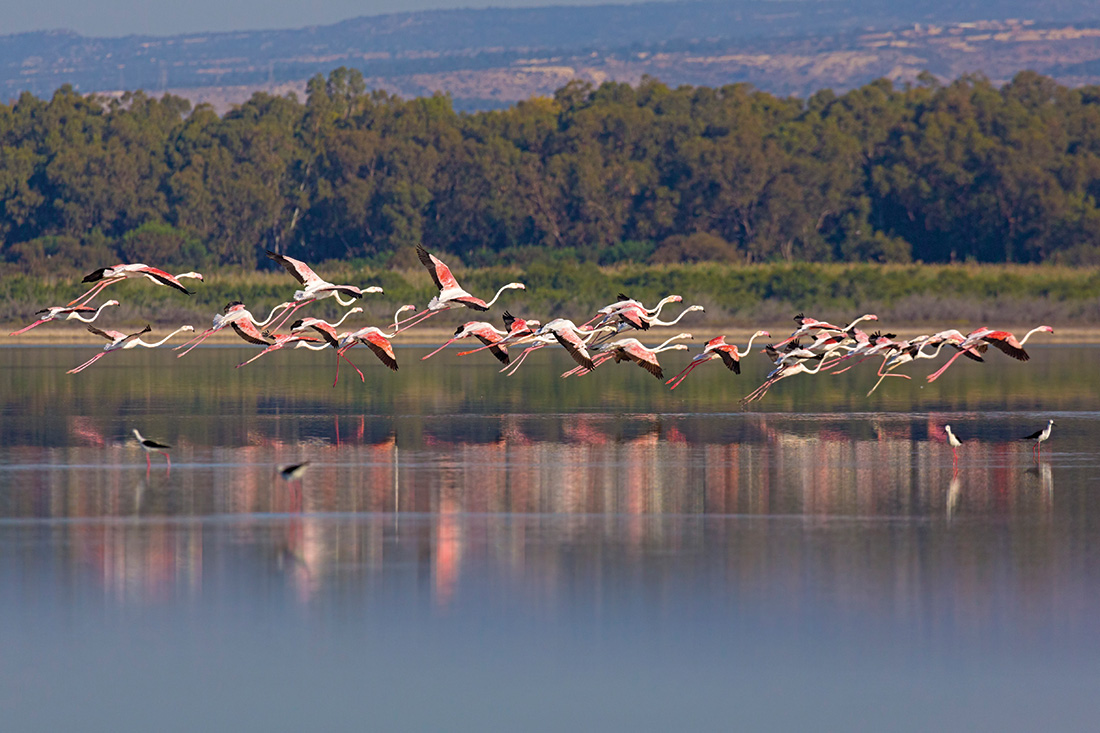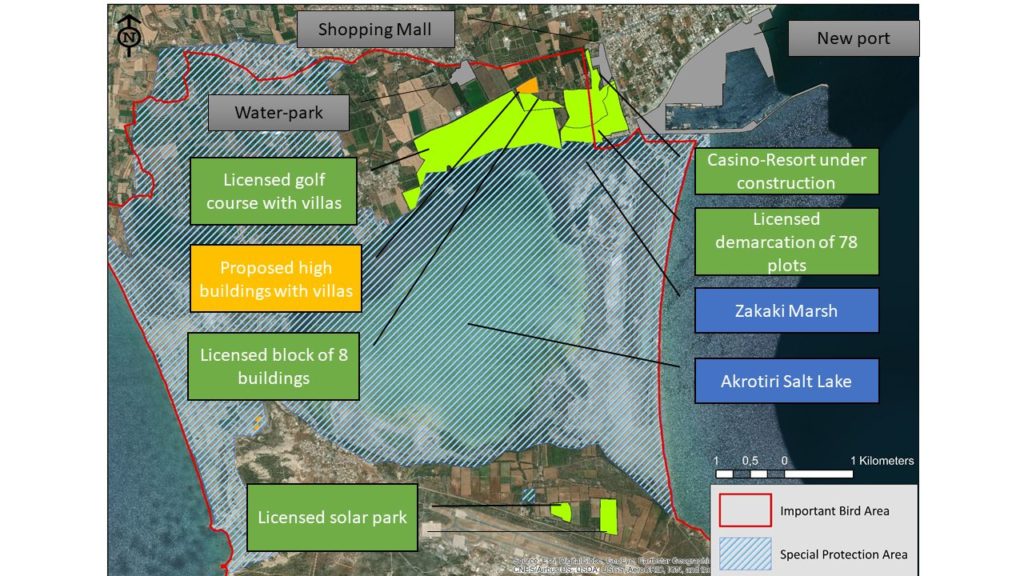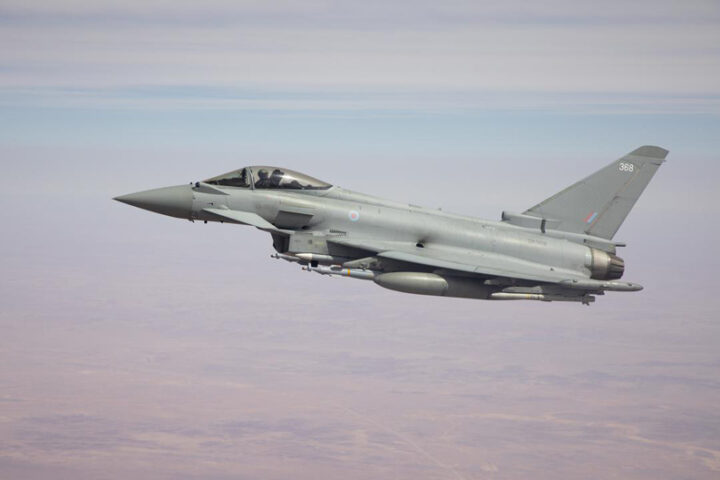A haven for thousands of migratory birds, the protected Akrotiri wetlands complex is being slowly destroyed by huge construction projects surrounding the natural beauty spot, claim activists.
Conservation group Birdlife Cyprus says the wetland’s rich biodiversity is being “eaten away” by the construction of luxury villas, tower blocks, casinos and golf courses.
The alarm has been raised by a new project in the area which concerns the construction of 310 apartments in the area of Tsierkezoi, distributed in eight apartment buildings up to four floors plus swimming pools, parking lots, courts, etc.
“This project, in conjunction with other developments that exist or are planned in the area, will bring about a complete change in land use, resulting in the fragmentation and disruption of the sensitive ecosystem of the area,” said Birdlife in a statement.
“The fact that each project is licensed individually means there is no assessment of the impact all these developments will have collectively on the natural environment of the area,” it added.
Birdlife listed, licensed or planned developments/projects in the area:
- existing waterpark at Phassouri
- existing mall at Zakaki
- existing Limassol port with plans for expansion
- construction of a casino-resort at Zakaki
- demarcation of 78 plots at Zakaki
- construction of two tower blocks and 10 villas at Zakaki
- construction of a golf course and hundreds of villas at Zakaki
- construction of a photovoltaic park at Bishop’s Pool, and
- construction of eight apartment buildings at Tsierkezoi
Conservationists argue the wider area north of Akrotiri Salt Lake is recognized under scientific criteria as an Important Bird Area (IBA) and should have been designated as a Natura 2000 site for its importance for the Red-footed Falcon, a migratory bird of prey whose global population is declining.
“Traditionally, the area was rich in fruit trees and cypress trees, but now these developments will bring about a complete change in land use.
This will result in cumulative pressures for both the Salt Lake and the birds of the area,” said Birdlife.
It argues that converting the area into residential property and the sealing of land will also affect the Salt Lake’s water balance, both in terms of quality and quantity, especially as the flow of rainwater will change.
Another concern is mosquitoes in the area and the need to manage the problem could increase pressure to drain adjacent protected wetlands, such as Zakaki Marsh.
Saline and brackish marshes are the rarest type of wetland globally, accounting for about 0.5% of the world’s total wetland area.
“That is why the Ramsar Convention has recognized the Akrotiri wetland complex as a wetland of international importance,” said Birdlife.
“How much more pressure can a vulnerable area like this take?”











